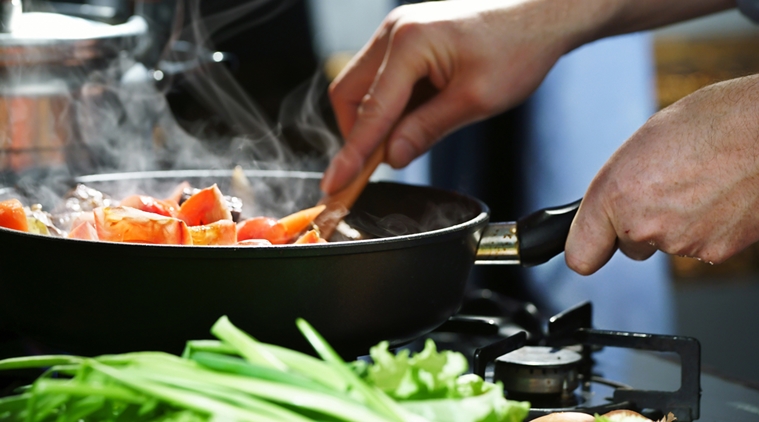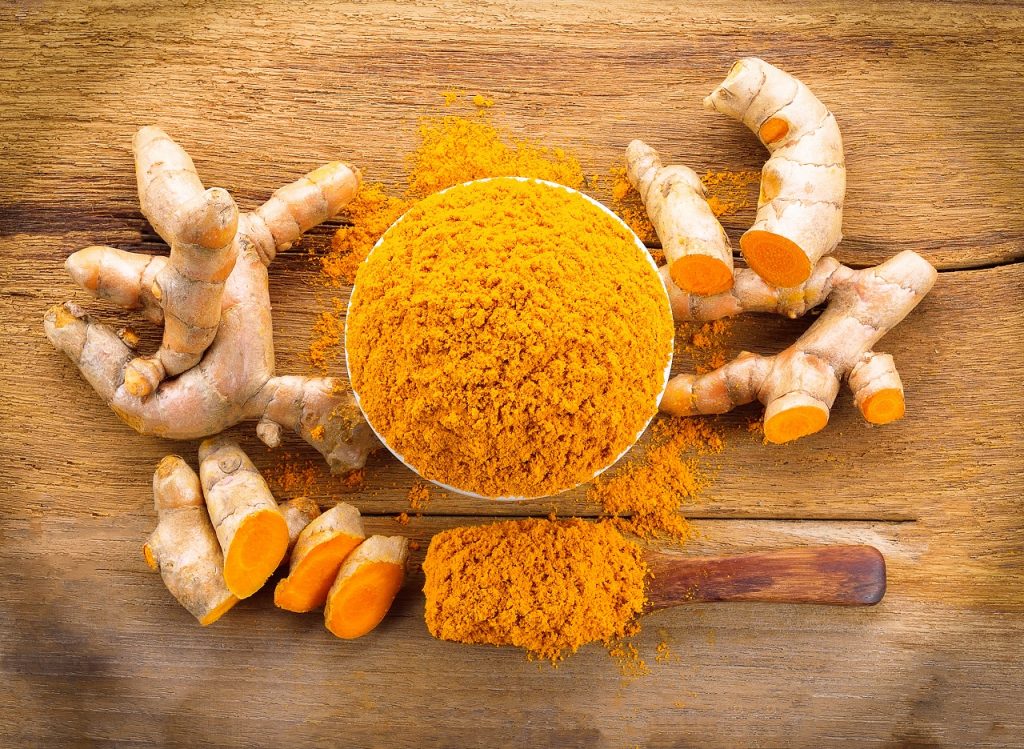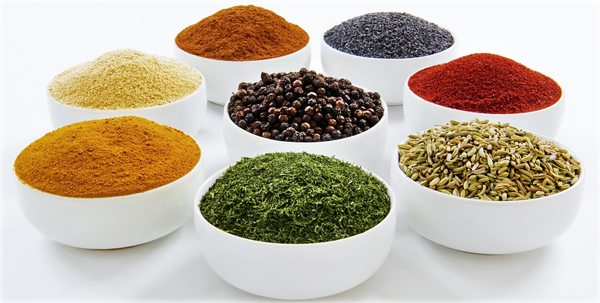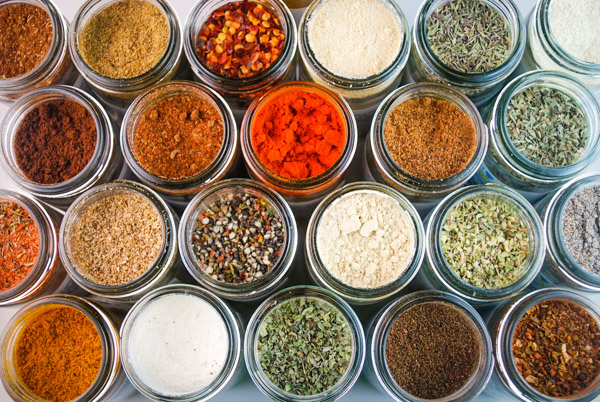
Ever wondered why people are still at risk for chronic illness despite following a healthy lifestyle? Why does immunity fail to protect the body when the weather changes? Why with growing awareness about fitness, people still fall sick?
There is a number of articles and literature online that broadcast the importance of active life, a nutritious, mostly plant-based diet, daily exercises, weight management, disease prevention, smoking cessation, moderation in alcohol intake etc. Despite the abundance of knowledge about how to live a “healthy” lifestyle, choose “best food” and follow an “active” exercise regime, there haven’t been such significant improvements in the health of the general public. There is something missing which needs to be corrected so as to multiply the goodness of active life and healthy food.
Let me support this with a phrase, “Muscles are built in a gym, but nourished in Kitchens”
Yes! The kitchen is the place where our food first enters before it enters our body. There are some kitchen habits which might be silently killing us. When I chose to highlight this topic, I did not have to look much farther than my own circle to compile a list of common, but avoidable kitchen habits:
- Dipping tea bags in hot water: Some of the tea bags are made with a variety of plastics. These plastics are generally considered among the safest in terms of leaching potential, but the molecules in these plastic tea bags may still break down and leach out when steeped in boiling water. Tea bags made up of paper may be just as bad, or worse, than the plastic ones because many of them are treated with epichlorohydrin. When this epichlorohydrin comes in contact with water, it hydrolyzes to a compound which has been shown to cause cancer and suppress immune function in animals. Knowing these hazards, your best option would be to opt for loose organic tea.
- Reusing Cooking oil: Indian cooking is said to be indispensable without cooking oil. Consumption of oil in the right proportion and in the correct manner often doesn’t cause any health issues. Though many people follow this practice regularly, Very few people are aware of the dangerous effects of recycled cooking oil i.e. reheating the used oil. Reusing the oil alters the chemical composition of oil leads to the formation of highly charged free radicals or uncharged molecules with unpaired electrons which can often be These free radicals attach themselves to healthy cells resulting in an increase of bad cholesterol levels and block arteries as well.
Storing the used oil for a longer period of time encourages bacterial growth due to the presence of leftover food particles present in the oil, can lead to fatal food poisoning. Best possible solution to avoid hazards of reusing oil would be using less amount of oil for frying or choosing shallow/stir frying over deep frying to avoid wastage of oil.
- Overheating cooking oil: Oils can withstand varying levels of heat, for some type of oils the threshold for heat tolerance is lower and for some, it’s higher. Normally, a heated cooking oil is considered unsafe when it reaches its smoking point i,e, the temperature at which it begins to chemically break down and smoke continuously. At this point, the fat molecules break down into glycerol and free fatty acids, and the glycerol breaks down further to produce toxic fumes and free radicals.This also leads to loss of the antioxidants present in the oil. So it’s wise to pick up oil with better smoke value if you intend to use for cooking and not dressing.
- Using non-stick pans on high temperature: Almost everyone owns a non-stick Teflon-coated pan. It may be more convenient and easier to clean but, cooking in it on high temperatures can cause the “Teflon flu.” This illness is characterized by flu-like symptoms such as headaches, chills, backaches, and a temperature ranging between 100°F and 104°F. High temperatures cause the non-stick lining to release PFCs (Perfluorocarbons) in the form of fumes. PFCs can cause liver damage and also developmental problems. Also, the chemicals used to make this non-stick substance include ammonium perfluorooctanoate which has been linked to cancer, organ damage and other negative health effects (animal studies).
- Using metal ladles on non-stick vessels: Using metal utensils to stir on a nonstick pan is not a good idea. You can unknowingly/unintentionally scratch the surface of the pan, which could lead you to ingest the PFCs in the nonstick lining. Use wooden or heat-safe rubber utensils when using a non-stick pan to avoid any scraping.
- Using regular utensils in the microwave: Radiation from microwaves has not been proven to be particularly dangerous in itself, providing that the appliance is in good working order. Rather, the danger lies in the types of containers we microwave our food in. Certain compounds used to make rigid plastic more pliable may act as endocrine disrupters. They may mimic or compete with human hormones, which could affect fertility or cancer risk. It is best to avoid microwaving plastic containers that aren’t specifically designed for microwave use.
- Poor ventilation: Without appropriate ventilation, indoor air quality can suffer and cause serious health problems. The pollutants which degrade air quality comes from cooking burners especially gas burners and have an effect on the respiratory and cardiovascular system as they can enter the bloodstream and reduce oxygen delivery to the body’s organs and tissues. Fine particles are produced essentially by volatilizing dust by both gas and electric burners during cooking. They are potentially very harmful because they can enter the lungs, bloodstream or other tissues. Decreasing this indoor pollution is to make sure pollutants vents to the outdoors else they will simply recirculate in the kitchen. If having a hood/ exhaust fan is not possible, opening a window while cooking does help.
- Keeping water pans open: It’s not new that epidemic of waterborne disease is so widespread and easy to acquire. People who don’t own water purifier often have the sense to boil water before consumption. One cannot fill the drinking pots with hot water so people usually keep hot water pans (often uncovered) at room temperature. While water is getting cooled and getting ready to be transferred in pots, it gets attracted by dust and particles present in the air. The chances of water contamination increase if air microflora is high. The safe way to deal with this is to invest in water purifier or perhaps cover the pans with lid and strain water with muslin cloth before transferring to pots.
- Cleaning vegetables and fruits: Every homemaker knows the importance of washing fruits and vegetables once before consuming. Having said that most of homemakers/chef clean them superficially i.e cleaning under running water for 1-2 mins and keep it open to air dry. Does this really wash off the chemicals and pesticides? Well, No! It doesn’t. There are numerous options to clean them correctly. Soaking them in 10 % White vinegar + 90 % water solution for 15-20 mins; Soaking them in 2% salt solution or washing them in cold water helps to wash off most of the pesticides, chemicals as well as dirt present on the surface. It is worthwhile to invest some time in washing and cleaning your food, as you don’t want to end up consuming a portion of toxins with your meals!
- Using Aluminium foil to pack hot food: High levels of Aluminium has been found in the food cooked, reheated and cooled in aluminium foil. This is alarming knowing the fact that high levels of Aluminum which accumulates in the body causes hypercalcemia (More calcium in the blood), weakens bone mineral density and hence causes Osteoporosis later in life. However, use of Aluminum foil has been found safe to wrap cold food as aluminium doesn’t leach out. As an alternative to cook/store hot food, Parchment paper/wax paper can be used respectively.
While concluding this eye-opener topic, I would like to make it a point that despite the risks associated with many cooking methods, you don’t have to start eating all your food raw. Simply take small steps to avoid these cooking dangers.
Many little changes can go a long way in terms of improving your health and preventing illness.Many of the above-mentioned habits don’t pose an immediate danger to your health, but long-term use and a combination (with other lifestyle factors) might lead to problems later on in life.
So the take-home message is “Don’t overreact, just be mindful of the habits, Now is the time to understand and adapt ourselves to healthy cooking habits along with making healthy meal choices”
#BeTheForce






